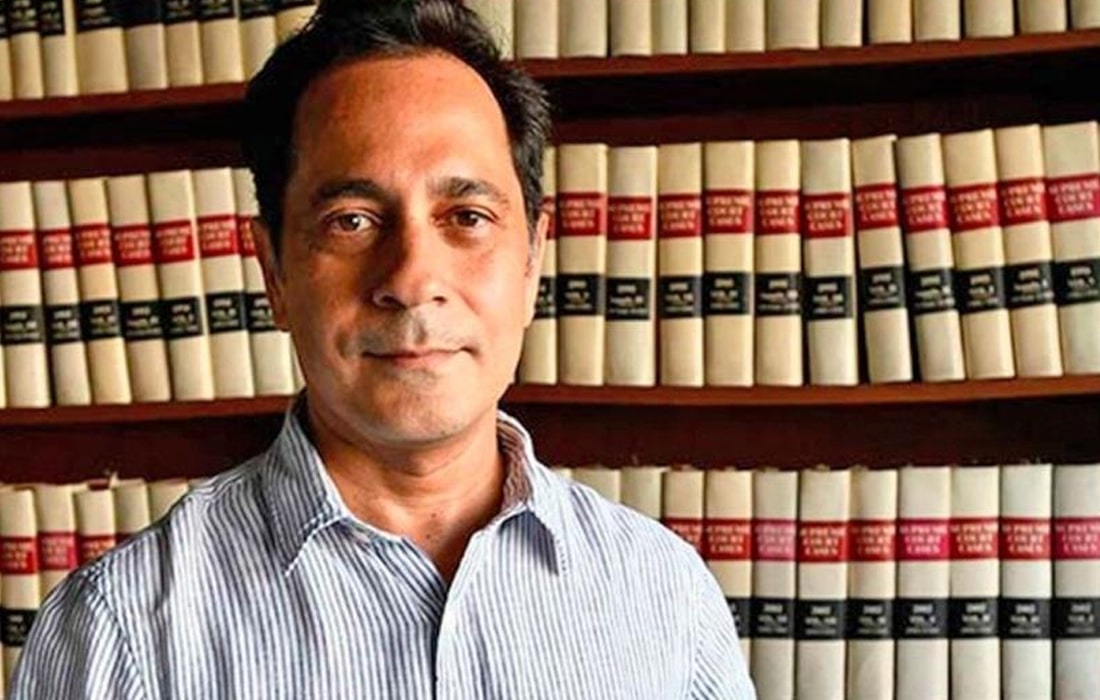>> Singapore activists slam ‘anti-gay’ speaker at EU event : In a statement 78 activists say they are « profoundly disappointed, » citing Thio’s previous public statements against homosexuality and her support for a colonial-era law that criminalizes gay sex between men
Thio Li-ann est professeure de droit à l’Université nationale de Singapour et ancienne parlementaire. Elle avait créé une polémique en 2007 devant le Parlement local en déclarant que « la pénétration anale nuisait fondamentalement au corps humain », apportant son soutien à une disposition du code pénal qui criminalise les relations sexuelles entre hommes.
Rappelant certaines déclarations « homophobes » de Thio, 78 défenseurs de la cause homosexuelle se sont déclarés, dans un communiqué, « profondément déçus » par la présence de cette oratrice au séminaire de l’UE organisé dans un hôtel du centre-ville.
Les manifestants, la bouche recouverte avec du scotch, ont exhibé des pancartes et un drapeau arc-en-ciel, symbole du mouvement LGBT, devant la tribune où Thio est intervenue, sans interrompre le discours de l’oratrice âgée de 46 ans.
L’un d’eux, Lim Jialiang, a déclaré à l’AFP que les idées de la professeure de droit étaient « contraires à l’UE et à la position de l’ONU sur les droits des LGBT. Sa présence tourne en dérision les efforts de l’UE pour promouvoir et légitimer les droits des LGBT à travers le monde », a ajouté cet étudiant.
En octobre, des associations de défense des droits des homosexuels avaient appelé le Parlement de Singapour à abolir des dispositions pénales de l’ère coloniale punissant les relations sexuelles entre hommes, après un arrêt de la plus haute cour de justice déclarant son incompétence en la matière.
Le gouvernement conservateur estime que cette loi doit rester en vigueur, arguant qu’une bonne partie de la population est conservatrice et n’accepterait pas de changement.
>> Holding placards and a rainbow flag, Singapore gay rights activists on Thursday, December 4, condemned the European Union for inviting an academic accused of homophobia to speak at a human rights seminar in the city-state.
Thio Li-ann, a prominent law professor at the National University of Singapore, was invited to speak on international human rights law at an EU seminar.
In a statement 78 activists said they were « profoundly disappointed », citing Thio’s previous public statements against homosexuality and her support for a colonial-era law that criminalizes gay sex between men.
They urged the EU to « explain how inviting Professor Thio as a speaker for a Human Rights Day seminar is consistent with its own stated role as a defender and advocate of human rights ».
At the event held at a downtown hotel early Thursday, some activists held placards in support of gay rights in front of the stage while Thio was speaking, with their mouths taped shut. A rainbow flag was also unfurled.
Activist Jolovan Wham said the action was meant to « send a message » to the EU that the selection of Thio as a speaker was « problematic ».
Another activist, 24-year-old student Lim Jialiang, said the invitation « shows an implicit approval of Thio’s anti-LGBT views and reflects badly on the EU ».
« Her views are contrary to both the EU and the UN’s stance on LGBT rights, and her presence makes a mockery of greater EU efforts to promote and legitimise LGBT rights around the world, » Lim told AFP.
Thio’s speech was not interrupted by the silent protest.
A spokeswoman for the EU delegation in Singapore did not immediately respond to AFP’s request for comment.
Thio, a former appointed lawmaker, created a stir in 2007 when she delivered a controversial speech in parliament strongly supporting a section in the Singapore penal code known as Section 377A, which criminalises sex between men.
« Anal-penetrative sex is inherently damaging to the body and a misuse of organs, like shoving a straw up your nose to drink, » she said at the time.
The government subsequently said the provision would stay because most Singaporeans are conservative and do not accept homosexuality.
The government’s refusal to rescind the law – which is not being actively enforced – has become a lightning rod for a growing movement for gay rights and inclusiveness in the multi-racial nation of 5.5 million.
avec l’AFP et rappler.com

















